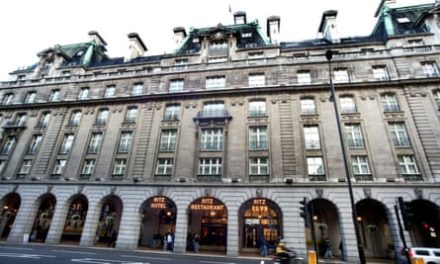The Demerara Rebellion of August 1823 was a pivotal event in the abolition of slavery in the British Empire.
While the transatlantic slave trade, the largest forced migration in human history, was outlawed by Britain in 1807, slavery continued across the colonies. Conditions were brutal in Demerara, one of three provinces that made up British Guiana, where sugar plantations were among the most profitable in the world.
Nigel Westmaas, professor in Africana Studies at Hamilton College, New York, said: “In Demerara the sugar regime was extremely harsh. The cutting of the crop required huge numbers of labourers, who would wake at dawn or even earlier and carry out backbreaking work in the sun with a whip on their back.”
They worked barefoot and endured terrible conditions, he said. “There was terrible pain, suffering and isolation, families were split up and sold. It was horrendous.”

Rape, violence and brandings were daily occurrences. African culture was suppressed, life expectancy short.
The rebellion began on John Gladstone’s plantation Success, with the peaceful goal of securing better working conditions. Led by enslaved African Jack Gladstone, it quickly spread across the province and eventually about 13,000 Africans rose up on 60 plantations.
Although few of the white planters were harmed, the revolt was met with brutal repression. On 20 August, 200 enslaved Africans were killed by British soldiers under the command of Lt Col John Leahy, a veteran of the Napoleonic wars. He ordered his troops to open fire when 2,000 rebels refused to disperse, an event that turned the tide against the rebels.
Jack’s father, Quamina, was captured, killed and hung in chains outside the plantation. Others were tortured to death and decapitated, their heads speared on to poles as a warning to others. Jack was spared and exiled to St Lucia, but no record of his arriving there has been found.
An English missionary, John Smith, was convicted of assisting the revolt and sentenced to death. He died in prison while awaiting execution.
Westmaas said: “As a Guyanese I am immensely amazed and proud of the actions in the Demerara Rebellion. It’s a huge human drama. To have anything from 9,000 to 13,000 people rise up in plantations, given the conditions, was a tremendous feat of planning and endurance.”
The 1823 rebellion, and a later revolt in Jamaica in 1831, are thought to have persuaded the British government that slavery was no longer practicable. Emancipation followed in 1833.
Join the exciting world of cryptocurrency trading with ByBit! As a new trader, you can benefit from a $10 bonus and up to $1,000 in rewards when you register using our referral link. With ByBit’s user-friendly platform and advanced trading tools, you can take advantage of cryptocurrency volatility and potentially make significant profits. Don’t miss this opportunity – sign up now and start trading!







Recent Comments